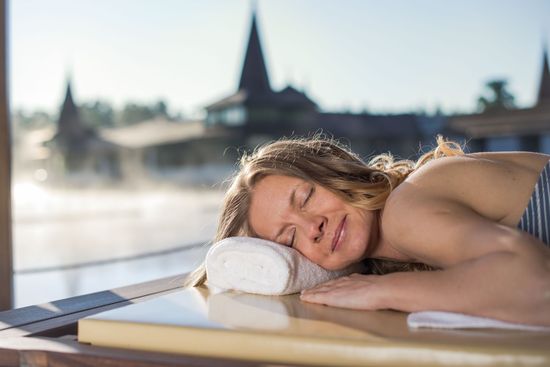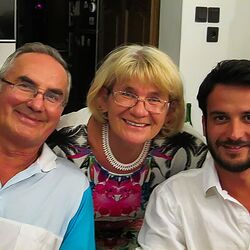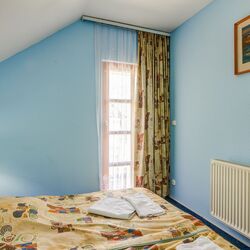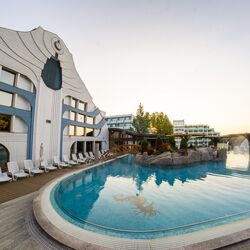Short history:
Massage has already been applied by the Greeks in ancient times for enhancing the sport performance of their athletes. Egyptians, Persians, Indians, Romans, Japanese and Chinese knew and applied massage as a medicinal procedure. In the middle ages the significance of massage fell into background due to the influence of the Church, which was against corporality.
Nowadays massage has been rediscovered through scientific research.
The word massage comes from the Greek „massein” word, which means kneading. Swedish massage, which is the most frequently applied massage technique was developed and pioneered by Per Henrik Ling. Eastern healing has appreciated the beneficial impact of massage for a very long time. Nowadays the western medicinal science is aware that massaging is not only a physical process, but it has also got an important physiological and mental impact.

Impacts
During the treatment blood circulation and lymphoid circulation are stimulated, pulse rate per minute and blood pressure is changed; metabolism, body temperature and breathing also change, while excretion is intensified and as a result detoxification is increased, furthermore it also has an impact on the nervous system.
Application of strong stimulating grips has a stimulating effect, increasing the activity of the body.
Calming grips ensure the release and relaxation of the body.
During massage several related vital changes take place within the human body. A good massage brings the body to a mental level similar to meditation, which has a positive impact both on patient and masseur.





